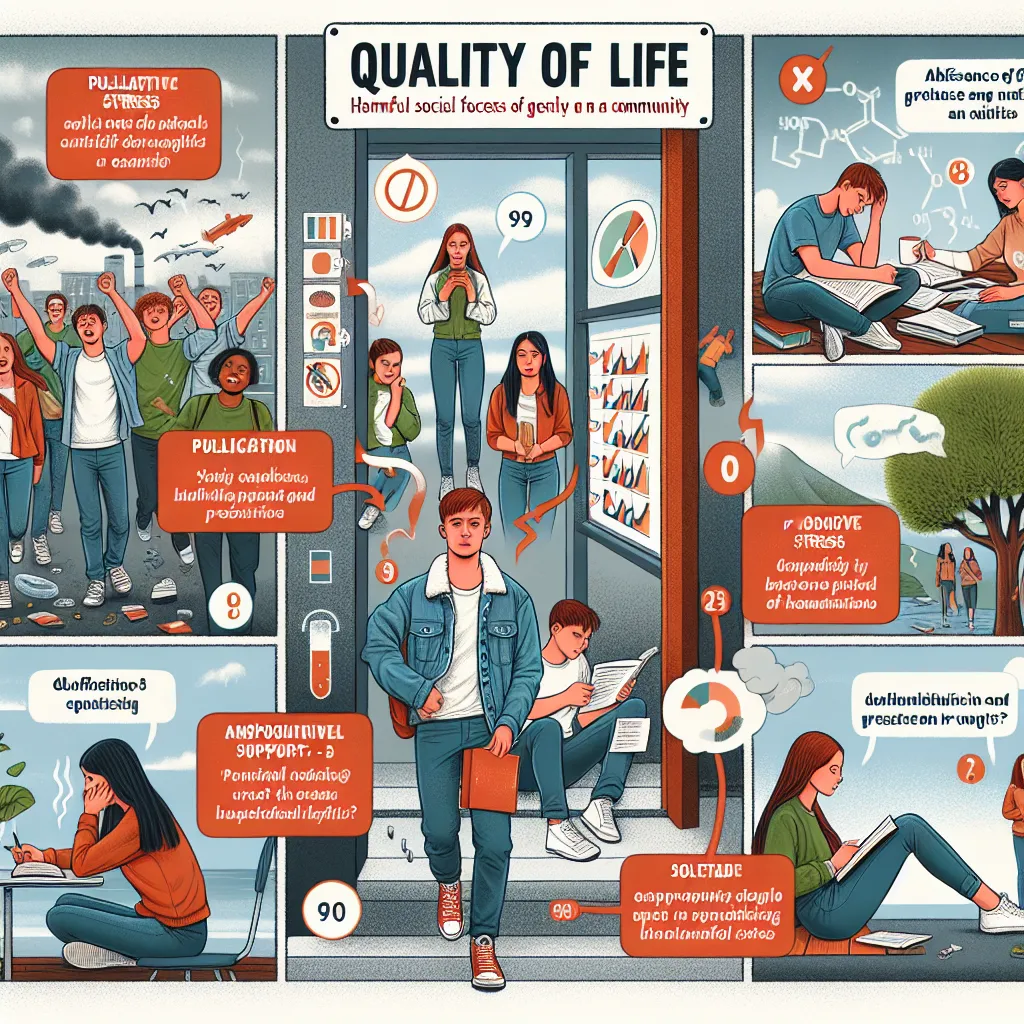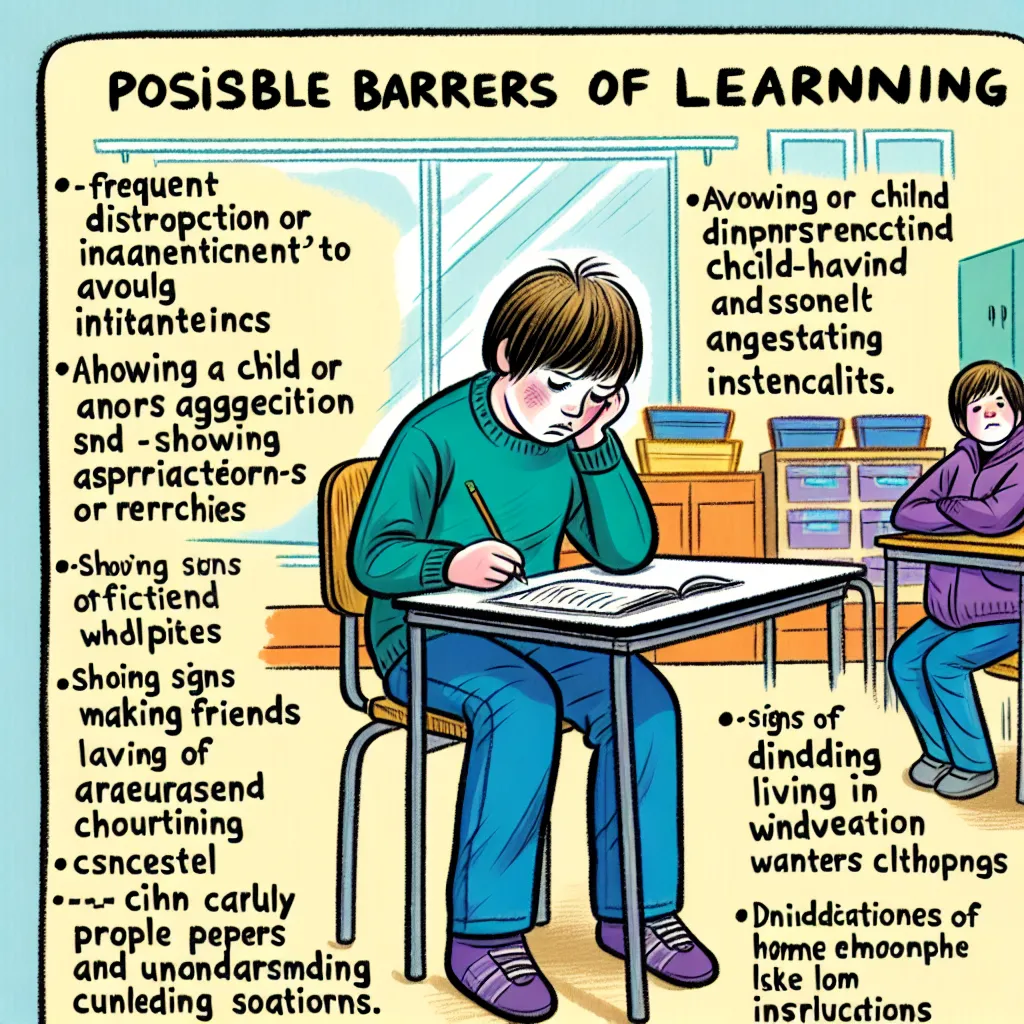Ask AI on The Internet
Question: Identify mental health problems which have negatively impacted on the learning progress of students in your faculty and suggest solutions
As an AI, I'm not a faculty member or directly involved in classrooms, but I can share insights about common mental health issues that generally affect students' academic progress and potential solutions based on findings and recommendations of mental health professionals. However, it's important to consult directly a professional mental health provider when it comes to specific situations. 1. Anxiety Disorders: Anxiety disorders including social anxiety, generalized anxiety disorder, and panic attacks can significantly impact a student's ability to concentrate, participate in class, or even attend class at all. Solution: Encourage students to seek help from counseling services. Mindfulness therapies and cognitive behavioral therapies have been shown to help reduce anxiety symptoms. Encourage schools to provide anxiety management workshops or stress reduction classes. 2. Depression: Depression can cause difficulty concentrating, changes in eating and sleeping patterns, lack of interest, and feelings of hopelessness, all of which can impact a student's academic performance. Solution: Again, encouraging students to seek professional help is vital. Schools can also provide workshops or programs promoting mental health awareness and wellness activities that can help alleviate the symptoms of depression. 3. ADHD (Attention Deficit Hyperactivity Disorder): Students with ADHD may find it hard to focus and pay attention in class, leading to academic struggles. Solution: Academic accommodations can be helpful for these students, such as offering extra time on exams, allowing for frequent breaks, or providing one-on-one tutoring. Behavioural therapy or medication, under proper medical guidance, can also be beneficial. 4. Eating Disorders: Eating disorders can physically and mentally impact students, causing them to struggle with concentration and may cause absenteeism due to health complications. Solution: Schools should have resources readily available for students struggling with this, including access to counselors and nutritionists on campus. 5. PTSD (Post Traumatic Stress Disorder) and other trauma-related disorders: Traumatic events can significantly impact a student's ability to function acadically and socially. Solution: Trauma-informed care in schools can be very helpful. This can include creating a safe, supportive environment and offering resources for therapy and counseling. Creating a sense of community can also provide much-needed support. Remember, it's crucial to foster an environment that destigmatizes mental health issues and steers towards openness, acceptance, and understanding.
A new large language model has been made available since this question was asked.
To generate an updated answer from the new model, click the button below.
Think your answer is better than the AI's? Post it below.
Other Most Relevant Posts:
 Navigating Mental Health Challenges in Education: Scholarly Insights and Solutions for Student Learning Success
Navigating Mental Health Challenges in Education: Scholarly Insights and Solutions for Student Learning Success
 Ask AI: Identify mental health problems which have negatively impacted on the learning progress of students and suggest solutions
Ask AI: Identify mental health problems which have negatively impacted on the learning progress of students and suggest solutions
Question Tags
If you want your question answered by an AI, click here.





Post your own comment: